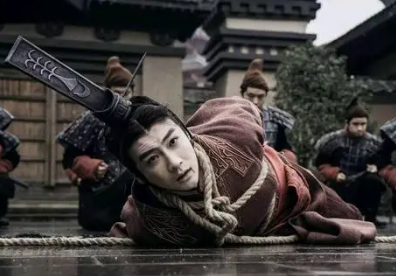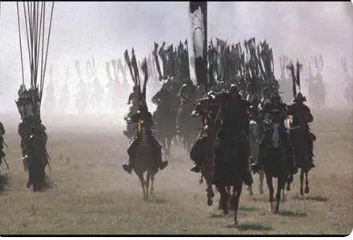In the long history, many events and phenomena have been endowed with profound cultural symbolism and metaphor. Among them, the saying "Kill the Holy Mother first in troubled times" is a typical example. It is not only a description of historical events, but also a profound reflection on humanity, power, and social unrest. This article will explore the historical and cultural connotations behind this theme.

I. Symbolic meanings of "troubled times" and "Holy Mother"
"Troubled times" usually refers to a period of social disorder and moral collapse. While "Holy Mother" here does not only refer to sacred figures in religion, but more often refers to those with noble moral qualities and respected figures. They play the role of moral benchmarks in society and are the faith and hope in people's hearts.
II. The historical phenomenon of "Kill the Holy Mother first"
In history, whenever there is social unrest and moral decay, those regarded as "Holy Mother" often become the first targets of attack and vilification. This is because their existence itself challenges and questions the chaotic order, and their noble moral qualities and moral strength become obstacles to those trying to maintain the old order or establish a new order. Therefore, "Kill the Holy Mother first" has become a means to eliminate obstacles and consolidate power.
III. Social psychological analysis of "Kill the Holy Mother first"
From a psychological perspective, "Kill the Holy Mother first" is also a rebellion against authority and morality. In chaotic societies, people often feel confused and helpless, and they need to find a way to release their pressure and dissatisfaction. Attacking those regarded as "Holy Mother" is a way they find. By doing so, they can temporarily forget their plight and gain a brief sense of satisfaction.
Conclusion:
The saying "Kill the Holy Mother first in troubled times" reveals a cruel historical and social phenomenon, that is, when morality decays and social order is chaotic, noble morality and personality are often the first to be attacked and vilified. This is not only a tragedy for individuals, but also a warning for society. Through reflection on this phenomenon, we can gain a deeper understanding of humanity, power, and social unrest, and draw lessons from history to provide thinking for building a more just and harmonious society.
Disclaimer: The above content is sourced from the internet and the copyright belongs to the original author. If there is any infringement of your original copyright, please inform us and we will delete the relevant content as soon as possible.
































